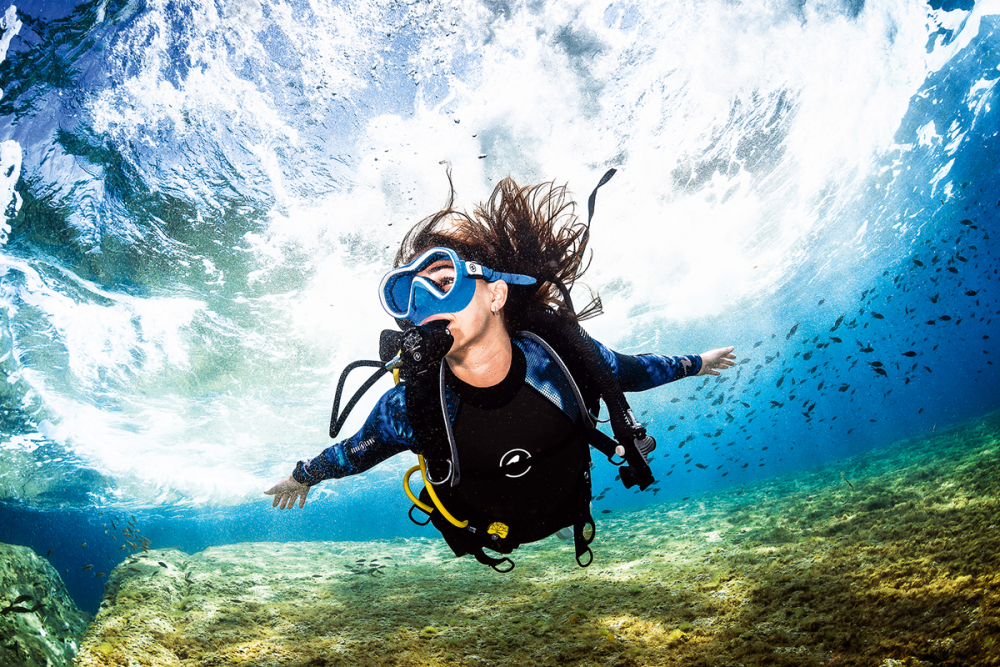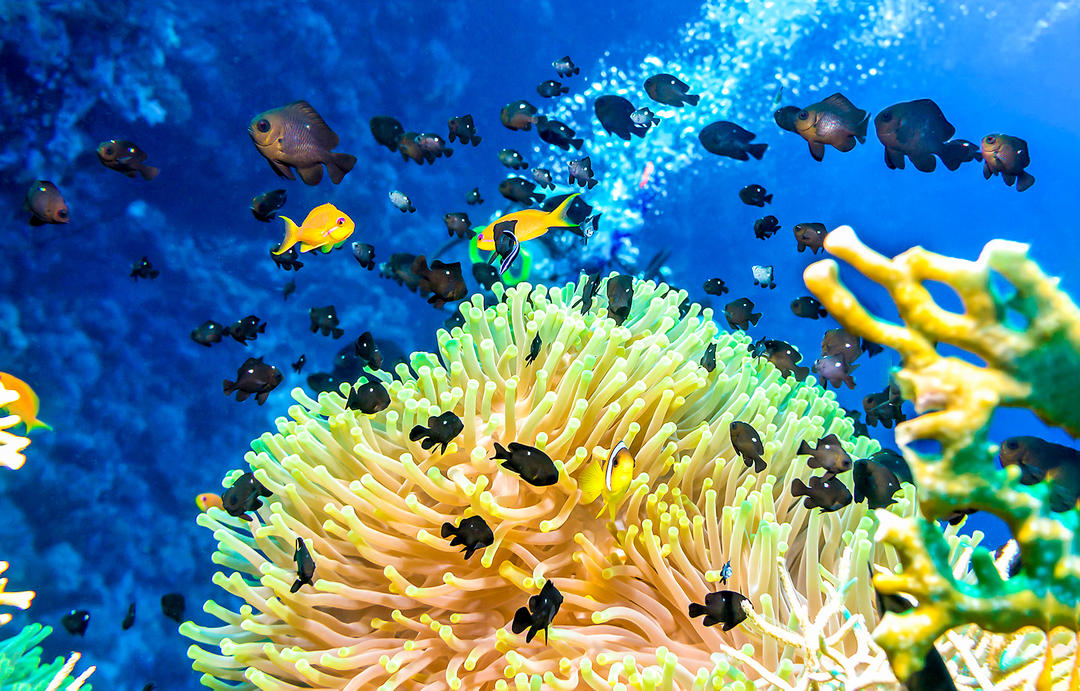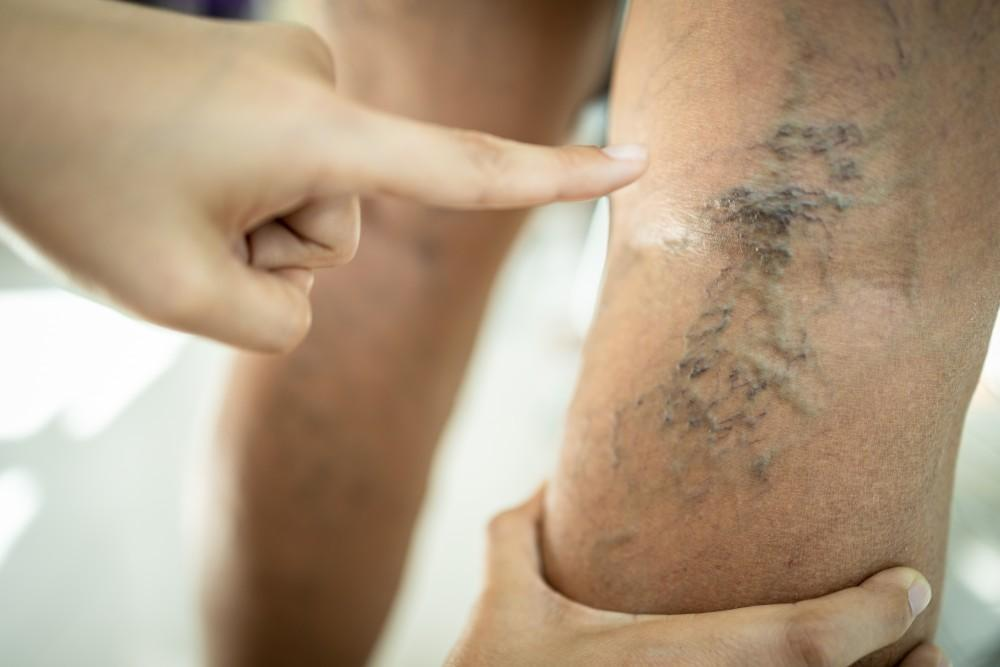Diving Instructor Certification
Your Path to a Rewarding Underwater Career
Becoming a certified diving instructor is a rewarding journey that combines the love of the ocean with the opportunity to teach others about the wonders of underwater exploration. This career path offers diverse opportunities for travel, adventure, and connecting with people who share a passion for diving. Achieving a diving instructor certification requires dedication, skill, and specialized training. This article provides a comprehensive overview of what it takes to become a certified diving instructor, the types of certifications available, and the career prospects in this dynamic field.

Understanding Diving Instructor Certification
Diving instructor certification is the process of becoming a qualified professional who can teach scuba diving to others. It involves mastering diving skills, understanding the theoretical aspects of diving, and learning effective teaching techniques. Various diving organizations offer certifications that are internationally recognized, ensuring that instructors can teach anywhere in the world.
Popular Diving Instructor Certification Agencies
Several well-known organizations provide diving instructor certifications, each with its unique training approach and standards. Here are the most popular certification agencies:
PADI (Professional Association of Diving Instructors):
- Certification Levels: PADI offers certifications ranging from Open Water Scuba Instructor to Master Scuba Diver Trainer and beyond.
- Recognition: It is the most recognized diving certification agency worldwide, with a strong emphasis on safety, practical skills, and teaching techniques.
- Training Focus: PADI’s instructor courses focus on both practical and theoretical diving skills, emphasizing student-centered teaching and risk management.
SSI (Scuba Schools International):
- Certification Levels: SSI’s certification pathway includes the Open Water Instructor, Advanced Open Water Instructor, and Dive Control Specialist Instructor.
- Recognition: SSI is globally recognized and has a network of training centers in over 110 countries.
- Training Focus: SSI places a strong emphasis on flexibility and digital learning, providing instructors with versatile teaching methods.
NAUI (National Association of Underwater Instructors):
- Certification Levels: NAUI offers comprehensive programs, from Instructor to Instructor Trainer.
- Recognition: Known for its high training standards, NAUI certifications are widely accepted in the diving industry.
- Training Focus: NAUI’s training emphasizes critical thinking, environmental conservation, and advanced rescue techniques.
SDI (Scuba Diving International):
- Certification Levels: SDI offers courses like Open Water Scuba Instructor and specialties such as technical diving and advanced teaching.
- Recognition: SDI is renowned for its technical diving courses and integration with TDI (Technical Diving International).
- Training Focus: SDI focuses on technology-driven learning, incorporating digital resources into the training process.

Steps to Becoming a Certified Diving Instructor
1. Prerequisites and Entry Requirements
Before starting an instructor training course, candidates must meet certain prerequisites:
- Minimum Age: Most programs require candidates to be at least 18 years old.
- Diver Certification: You must have a minimum certification of a Rescue Diver or equivalent, with a significant number of logged dives (usually 60 to 100) demonstrating experience in various diving conditions.
- First Aid and CPR Certification: A current certification in first aid and CPR training is essential, as it forms the foundation for handling emergencies during dive sessions.
2. Divemaster Certification
The first step toward becoming a diving instructor is often obtaining a Divemaster certification. This course is designed to develop leadership abilities, teach dive planning, and deepen your understanding of diving theory. It involves:
- Skills Assessment: Mastering fundamental skills, including buoyancy control, underwater navigation, and emergency management.
- Supervised Experience: Assisting with real-world dive courses under the guidance of an experienced instructor.
- Knowledge Development: Studying diving physics, physiology, and equipment use in depth.
3. Instructor Development Course (IDC)
The Instructor Development Course (IDC) is the core training program that prepares you to become a certified diving instructor. This course includes:
- Theory and Classroom Learning: Covering teaching methodologies, risk management, diving safety, and lesson planning.
- Confined Water Training: Practicing teaching techniques in a pool or controlled water environment, focusing on skill demonstration and correction.
- Open Water Training: Conducting supervised training in open water conditions to apply the teaching techniques learned during the course.

4. Instructor Examination (IE)
The final step in becoming a diving instructor is passing the Instructor Examination (IE), which tests both your theoretical knowledge and practical teaching skills. The examination process includes:
- Written Exams: Assessing your understanding of diving theory, teaching techniques, and diving standards.
- Practical Evaluations: Demonstrating your ability to teach and evaluate students in both confined and open water environments.
Costs and Duration of Certification
The cost and duration of becoming a certified diving instructor can vary depending on the organization and location. On average:
- Course Duration: The Instructor Development Course (IDC) typically lasts 7 to 14 days, followed by the Instructor Examination (IE) that takes an additional 2 to 3 days.
- Cost: The total cost for diving instructor certification can range from $2,000 to $4,000, including training materials, course fees, and examination fees. Additional expenses may apply for equipment and accommodation.
Career Opportunities as a Certified Diving Instructor
Becoming a certified diving instructor opens up a world of career opportunities in the diving industry, such as:
- Dive Center Instructor: Working at resorts, dive shops, and tourist destinations, leading diving trips, and teaching certification courses.
- Freelance Instructor: Offering personalized diving lessons, guiding underwater tours, and providing diving certifications on a flexible schedule.
- Technical Diving Specialist: Training advanced divers in specialties like deep-sea diving, wreck diving, and underwater photography.
- Environmental Conservationist: Contributing to marine conservation efforts by teaching eco-friendly diving practices and participating in underwater research projects.
The Benefits of Diving Instructor Certification
Achieving diving instructor certification not only enhances your diving skills but also brings several personal and professional benefits:
- Global Career Flexibility: Certified diving instructors are in demand worldwide, providing the opportunity to work and travel in exotic locations.
- Personal Growth: Teaching others to dive boosts your communication skills, leadership abilities, and confidence in the water.
- Passion into Profession: It allows you to turn your passion for the ocean into a fulfilling career, inspiring others to explore and protect marine environments.

Conclusion
Diving instructor certification is a pathway to an exciting and rewarding career in the diving industry. It requires a strong foundation in diving skills, theoretical knowledge, and a passion for teaching. With various internationally recognized certification agencies, the journey to becoming a diving instructor is accessible to anyone committed to mastering their craft. Whether you aim to work at tropical resorts, lead technical diving courses, or contribute to marine conservation, a diving instructor certification provides the skills and credentials needed to thrive in this underwater profession.






